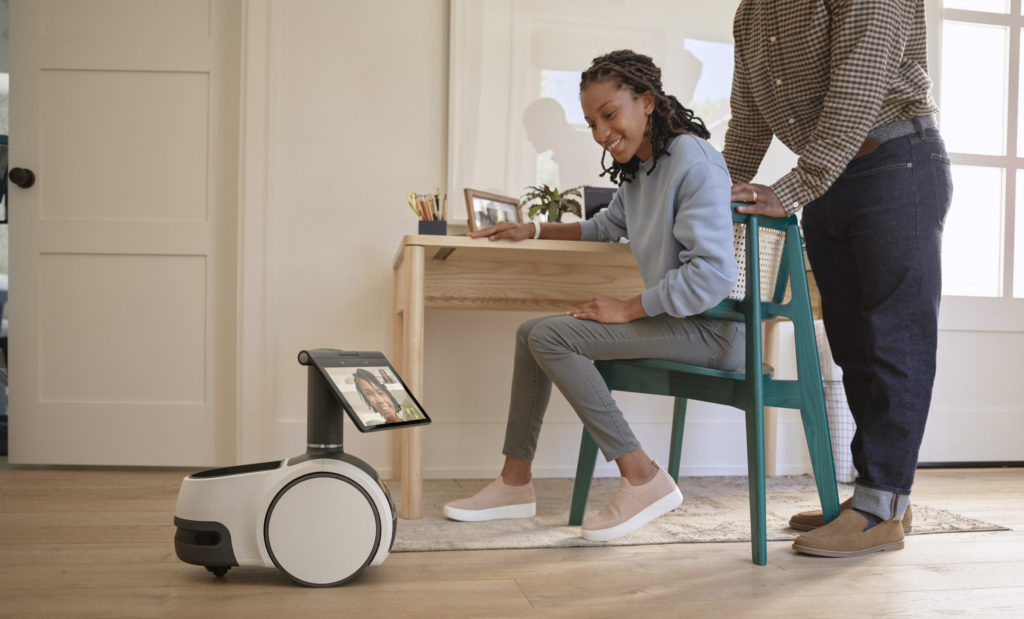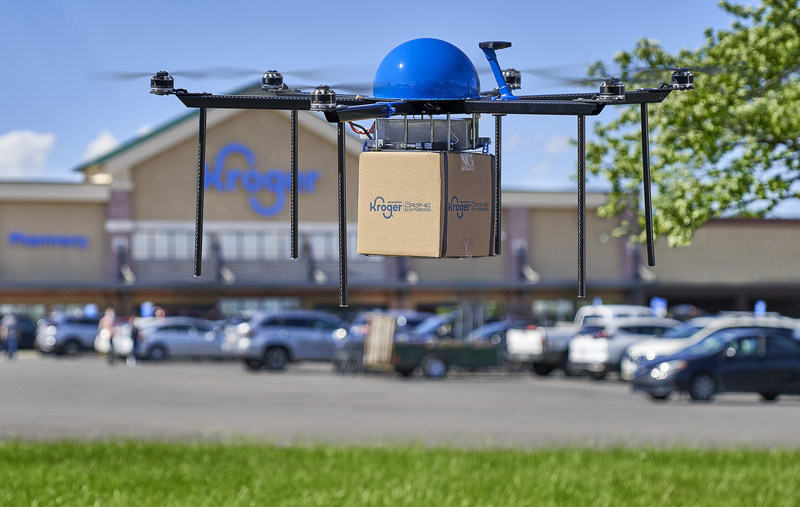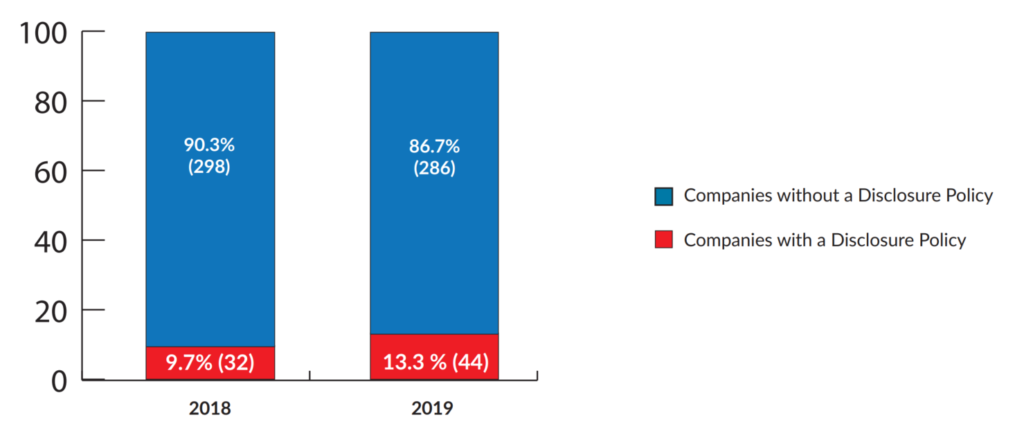In this week’s show we question whether or not we want Amazon’s Astro home robot after seeing a few reviews. We then note that Google has introduced gaze as signal to wake up Google Assistant, which is one of the first uses of gaze as a wake-up indicator for the smart home. Then we talk about wearables starting with a recollection from Eric Migicovsky, the founder of Pebble, about what went wrong ending up with Pebble’s assets sold to Fitbit. We compared the Pebble story to the latest funding for the Oura ring, and mentioned Fitbit’s new FDA-approved atrial fibrillation detection. Then we discuss smarter tags manufactured in a new Brazilian factory for Avery Denison before discussing two new options in air purifiers: one from Wyze and one containing a UV-filter from Xiaomi. In other product news, here’s a new smart grow lamp and watering system for houseplants and some smart trackers with a greener footprint. And for all of our Home Assistant fans, Kevin checks in on the platform after a one-year-hiatus. We close by answering a listener question about consolidating smart lights.

Our guest this week is Dan Simpkins, CEO and co-founder of Dwellwell, a startup that aims to create a check-engine light for the smart home. Simpkins started the company in 2018 after experiencing a flood caused by frozen pipes, and realizing that many of the options available to monitor the home were too expensive and siloed. The solution he’s worked out is a SaaS product called Dwellwell that relies on custom-sensors that contribute data to several algorithms to check on the health of several home systems. We discuss how it works, why he chose to go after the multi-family and rental market and why he needs to use his own sensors. We also discuss the role Matter will play in the smart home and eventually, his platform. Enjoy the show.
Hosts: Stacey Higginbotham and Kevin Tofel
Guest: Dan Simpkins, CEO of Dwellwell
Sponsors: Impinj and InfluxData
- Is your home robot ready?
- What we’ve learned in a decade of wearables
- Home Assistant’s worth another look
- Why companies should base their AI on their own sensors
- How Dwellwell rethinks traditional maintenance devices
Podcast: Play in new window | Download | Embed
Subscribe: RSS


